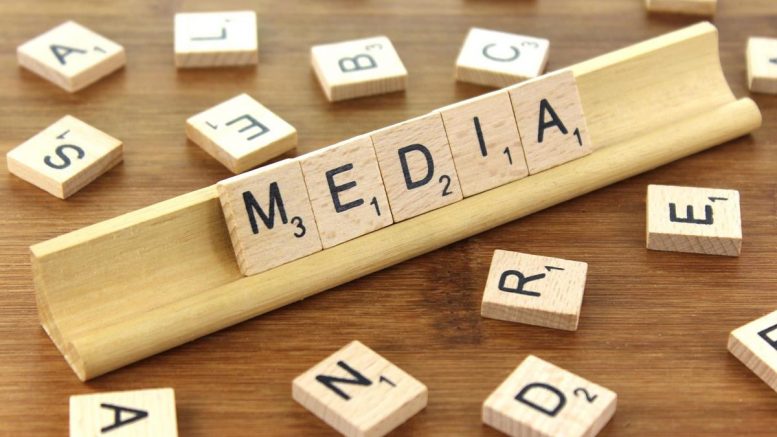What if I told you my “patented” new tennis shoe is guaranteed to make you run faster, jump higher, or make the team?
What if I couldn’t prove it? What if all I could do is tell you about the shoe? Would you believe me? What if I wrote a press release or blog to tell everyone the news? What if I made a social media post?
Anyone can say anything they want about themselves, much like any organization or executive. You can even retain a marketing agency, build an in-house department to schedule events, blog, post, buy full page ads, or tweak your SEO, and you’d still be doing it.
“Talking” about yourself that is.
It’s what millions of public relations and marketing professionals are paid to do every day. “Spin.” They are paid to spin the narrative. They’re great and telling you why their product or service is better. Why their executive is an industry thought leader.
And they may be, but no one makes a sell honking their own horn, not in the beginning. Besides, who would believe you anyway? In those early stages of business, those first years where sales are low and needs are high, a developing brand requires third-party validation to ascend to the next level. They need word-of-mouth.
That starts with a valuable product or service first. From there, you simply need others to know about it, but how can you get the word out without sounding like a self-promotional hack?
The average public relations professional has no idea what goes on inside a newsroom, they have no understanding of deadlines, no understanding of a reporter’s beat and how it may or may not pertain to their pitch, and frankly, most of them cannot tell an objective story.
Ad giant David Ogilvy said it best, “editors are better communicators than advertising people and they should be copied.”
You need someone in your corner with a key to the newsroom. When a reporter picks up the phone to find you for a quote, when an objective headline singles out your product or executive, you have marketplace identity. And you didn’t get there by telling everyone about yourself.
Compelling content with the right marketing person is always newsworthy, especially if they understand what journalists are looking for in a story. Once they have it, you have your word-of-mouth; you have the most valuable form of advertising.
What if I told you my “patented” new tennis shoe is guaranteed to make you run faster, jump higher, or make the team?
Would you believe me if I were quoted by a sports’ publication on shoe design? Would you believe me if USA Today or Sports Illustrated ran a story on a struggling athlete that made the team while wearing my shoe?
Of course you would.
That is what earned media does. It is the perfect “online review” for your market and demographic. Besides, if everyone is saying it, even those who are not paid to, then it must be true. And that honesty provides a level of trust between the brand and potential client that no other form of public relations or marketing can muster.
An objective voice through earned media is the only road to word-of-mouth advertising and true marketplace identity.
–
 About the Author: Joe is a longtime journalist and graduate of the Kent State University School of Journalism. During his career, he has worked as a business reporter with noted industry leaders like Boeing, BMW, and Lockheed Martin.
About the Author: Joe is a longtime journalist and graduate of the Kent State University School of Journalism. During his career, he has worked as a business reporter with noted industry leaders like Boeing, BMW, and Lockheed Martin.
He has managed a national newsstand magazine with celebrity covers including Dave Bautista, Ricky Gervais, and Ralph Macchio. Joe is also an angel-invested business owner, college journalism adjunct, podcast host, founder of South Carolina Manufacturing and Toppe Inc.


Be the first to comment on "Earned Media; Why it’s still better than anything you could say"